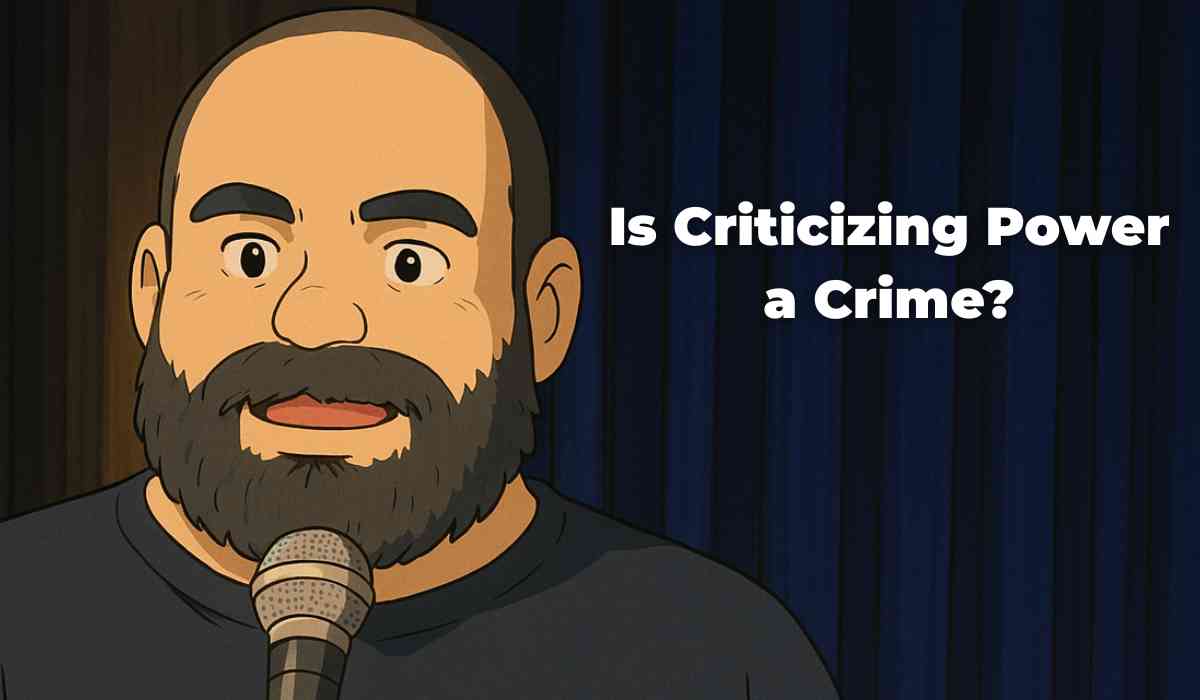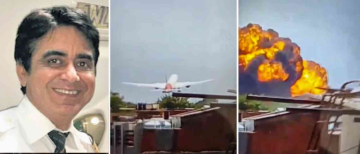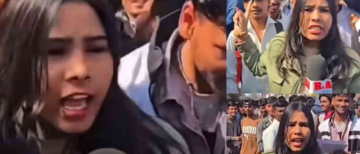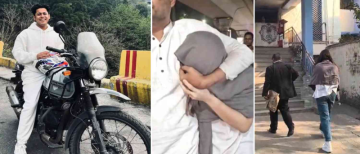It was a typical evening in Mumbai when comedian Kunal Kamra took to the stage, armed with his sharp wit and satirical humor. As is his style, Kamra delivered a parody song during his show, which referenced the term "traitor"—a jab many interpreted as aimed at Maharashtra Deputy Chief Minister Eknath Shinde. The performance sparked outrage among certain political factions, particularly Shiv Sena workers. What followed was not just criticism but an alarming wave of death threats—over 500 chilling warnings, some as extreme as "we will chop you"—sent to Kamra through calls, social media platforms, and reels.

Mockery Turns Dangerous
Kamra's satire has always been polarizing. While some applaud his courage to speak truth to power, others find his humor offensive. This time, however, the backlash escalated into vandalism when Shiv Sena workers stormed the club where Kamra performed, damaging property and creating chaos. Twelve individuals were arrested for the act, but the intimidation did not stop there. Shiv Sena MLA Murji Patel filed a case against Kamra, and Mumbai Police summoned him for questioning. Despite seeking a week's time to comply, Kamra stood firm on his remarks and even posted another satirical video mocking the vandalism.
)
The comedian's ordeal highlights a troubling trend: dissenting voices are increasingly met not with dialogue but with threats and violence. Kamra himself lamented this erosion of freedom of expression, stating that receiving threats like "Tu bachega nahin" (You won’t survive) is not a way to disagree with someone.
Freedom of Speech or Crossing the Line?
Kamra’s remarks may have hurt sentiments—a reality he cannot ignore—but does that justify death threats? Criticism is a natural response in any democracy; it fosters debate and allows diverse perspectives to coexist. However, threatening someone's life over a joke or opinion crosses every ethical and legal boundary.

India’s Constitution guarantees freedom of speech under Article 19(1)(a), but this freedom comes with reasonable restrictions to prevent harm to public order or morality. If Kamra’s comments genuinely violated these boundaries, the law provides mechanisms to address them. Filing FIRs or summoning him for questioning are lawful actions that ensure accountability without resorting to mob justice. Yet here lies the paradox: while authorities have acted against Kamra by summoning him and allowing breach of privilege notices in Maharashtra’s Legislative Council, they seem passive in addressing the threats against him.
The Role of Law Enforcement
The lack of police intervention in curbing these death threats raises serious concerns about public safety and justice. Threatening someone’s life is a criminal offense under Indian Penal Code sections dealing with criminal intimidation. Yet Kamra has been left to fend for himself, even approaching the Madras High Court for anticipatory bail amid fears for his safety. This inaction sends a dangerous message—that public figures who challenge powerful entities can be silenced through intimidation.

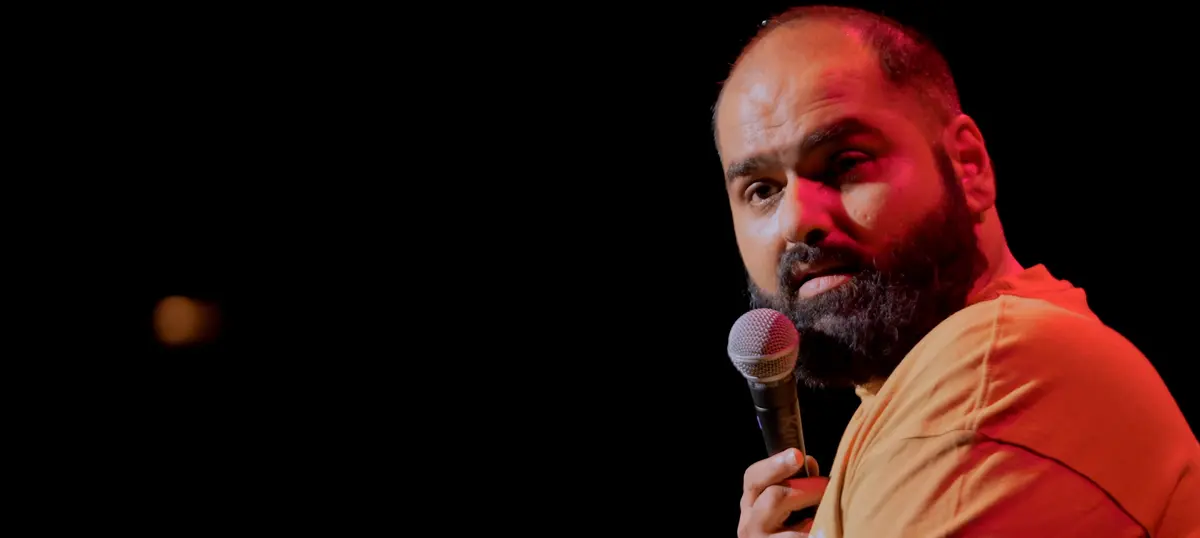
A Call for Justice
What is happening to Kunal Kamra is more than an attack on one individual; it is an attack on the principles of free speech that form the backbone of any democracy. If Kamra is guilty of crossing legal limits in his comedy, let the judiciary decide his fate. But no citizen has the right to issue death threats or take justice into their own hands.
This situation also underscores the need for stronger institutional responses to protect individuals from harassment and ensure accountability for those who threaten violence. It is time for law enforcement agencies and governments to step up—not just to investigate Kamra’s remarks but also to safeguard him from harm.

The Bigger Picture
Kamra’s experience is not unique; many artists and public figures in India have faced similar backlash for expressing dissenting views. The cost of having a political opinion has become unbearably high—from losing homes to enduring relentless online abuse. This culture of intolerance stifles creativity and discourages critical discourse.
As citizens, we must ask ourselves: Are we willing to trade our democratic values for mob rule? Criticism should lead to conversations, not threats; disagreements should spark debates, not violence.
In conclusion, Kunal Kamra’s ordeal serves as a stark reminder that while freedom of speech is precious, it must be protected—not just from those who misuse it but also from those who seek to silence it through fear. Let justice prevail where it must, but let humanity prevail everywhere else.
With inputs from agencies
Image Source: Multiple agencies
© Copyright 2025. All Rights Reserved Powered by Vygr Media.

